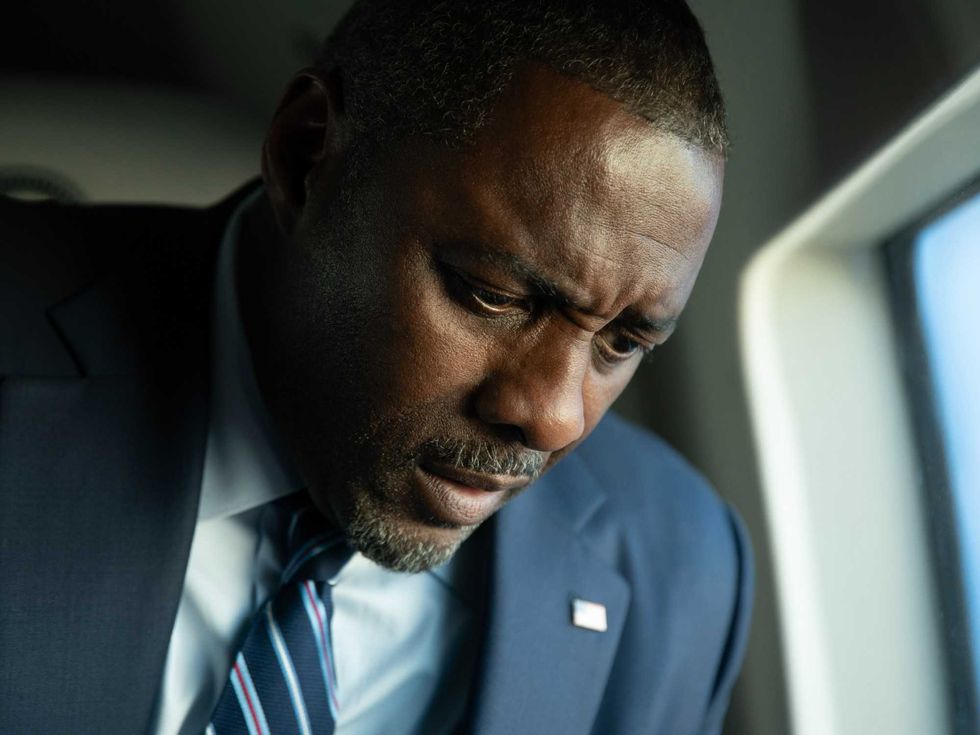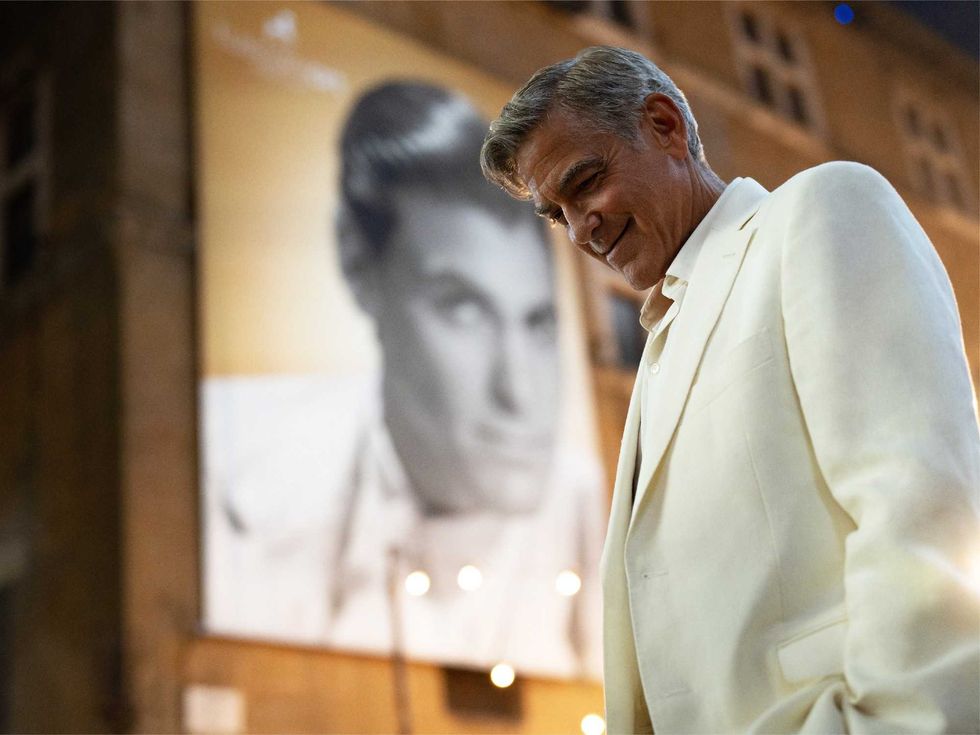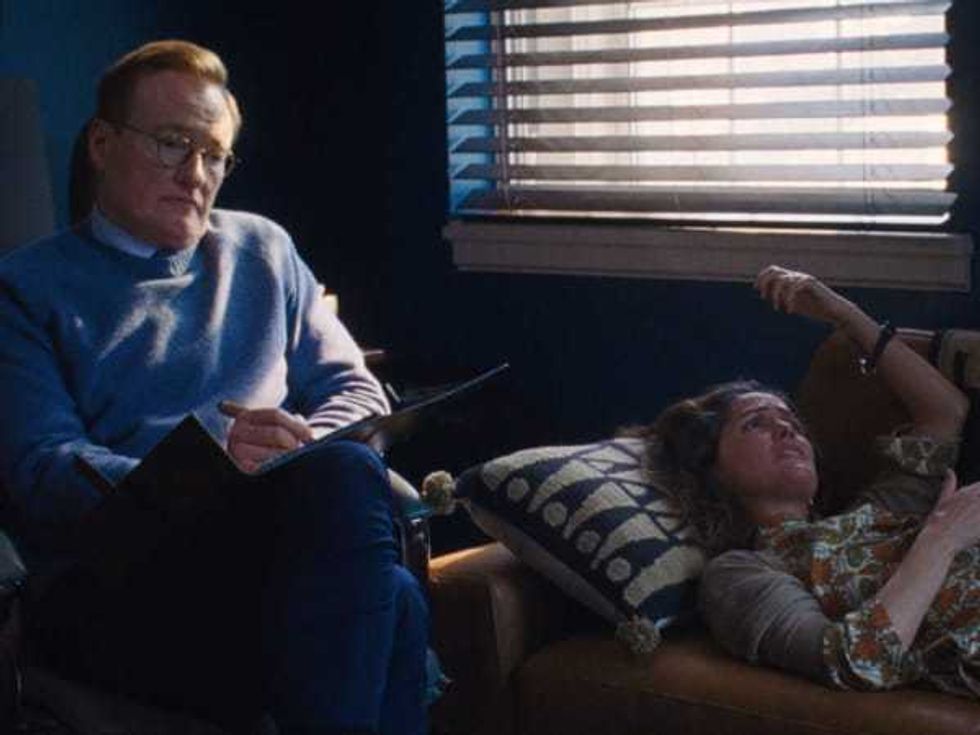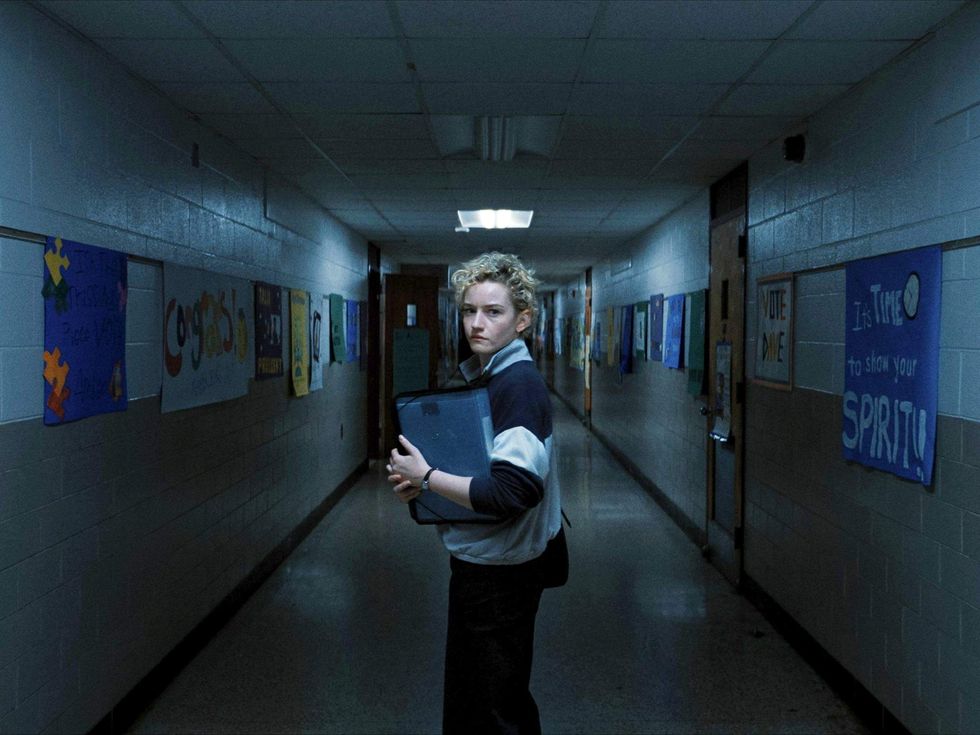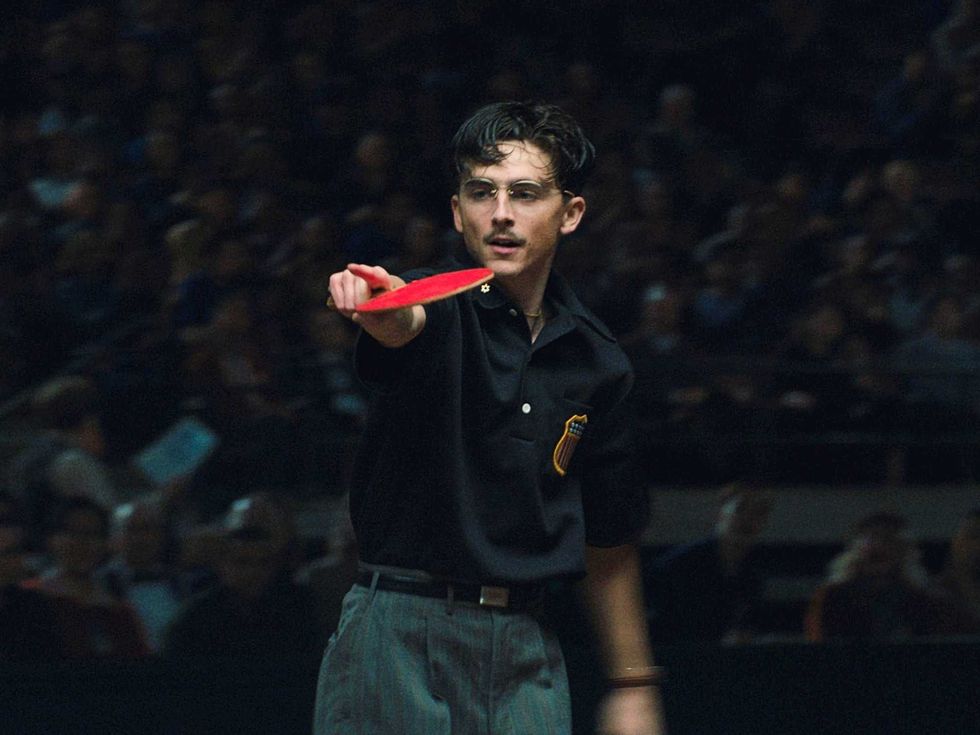being johnny football
New Netflix documentary tackles rise and fall of Texas A&M football idol Johnny Manziel
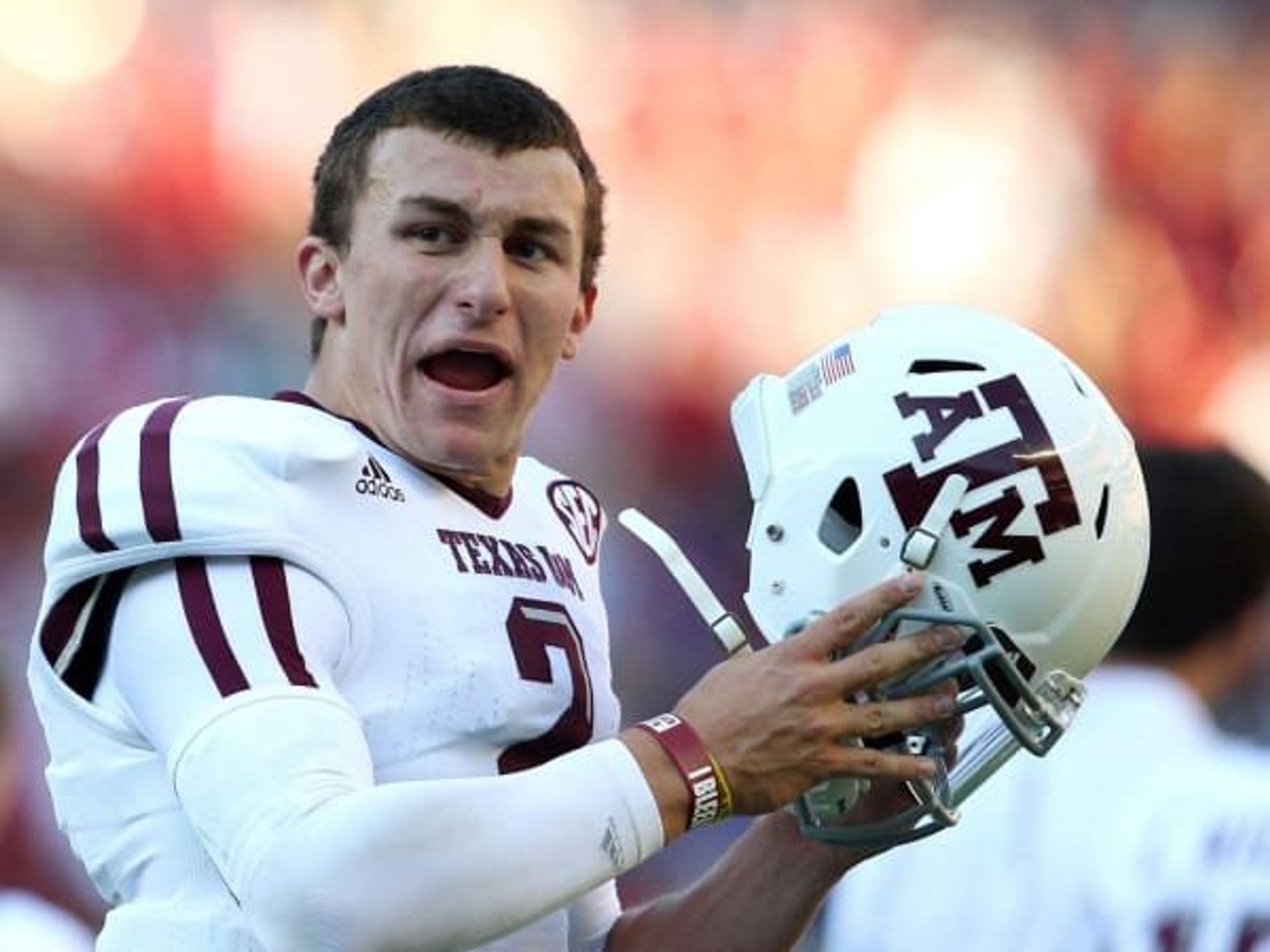
Johnny Manziel when he was a football idol at Texas A&M.
A decade after “Johnny Football” frenzy swept into Aggieland, through Texas, and across the nation, a Netflix documentary sheds new light on the troubles that led to Johnny Manziel’s rapid rise and precipitous fall from grace, on and off the field. Untold: Johnny Football was released August 8 and within 24 hours, trended as Netflix’s No. 1 movie in the United States.
Manziel, born in Tyler and raised in Kerrville, shot to superstardom in 2012 as the scrappy Texas A&M quarterback who played what seemed like sandlot football in ultra-regimented, Division 1 college football — which is essentially a pro football assembly line.
A highlight reel favorite, Manziel generally skipped the traditional drop back, read, and fling the ball QB approach. Instead, he had a penchant for holding onto the ball, evading tacklers, and dramatically scurrying down the field and into the endzone to beat nationally ranked powerhouse teams.
He also had a penchant for partying. Big time.
Despite early headlines for extra-curricular antics that might have been a neon-flashing warning sign of things to come, Manziel went on to become the first redshirt freshman to win the Heisman Trophy, college football's most prestigious award for players, in 2012.
That, according to the documentary, is when "Johnny Football's" demise began in earnest.
While Texas A&M made hundreds of millions off Manziel mania, the player himself earned nothing, per NCAA rules (which have since changed). In Untold, Manziel says he still has a “deep hatred against the NCAA."
A secret scheme to profit from autograph sessions led to a lavish lifestyle that eventually raised eyebrows and got him suspended for half a game in 2013. But hero-worship went to his head that year, and by the time he left A&M and entered the NFL Draft in 2014, he was a mess.
Being a mess didn't stop the fascination with Manziel by certain pro teams, most pointedly by Dallas Cowboys owner Jerry Jones. Although not covered in the documentary, sportswriters remember that the elder Jones was intrigued by Texas' "Johnny Football" playing for America's Team. Jones' son, Stephen, wasn't as impressed, and the two bickered to the point that legend has it that Stephen snatched a draft card bearing Manziel's name from his father's hand. (Stephen swears it never happened.)
Adding to the golden boy storyline, a text from Manziel reportedly spurred the Cleveland Browns to draft him in the first round of the 2014 NFL Draft — even trading up two spots to secure him (the documentary swears his agent texted the Browns). "We're sitting there and they keep showing Johnny on T.V.," recalled Browns quarterbacks coach Dowell Loggains to sportswriters at the time, "and Johnny and I are texting and he shoots me a text and he says, 'I wish you guys would come get me. Hurry up and draft me because I want to be there. I want to wreck this league together.'"
That "wreck" line, it turns out, would be prophetic. The two seasons Manziel spent with the Cleveland Browns are a well-documented series of professional, personal, and legal screw-ups. (YouTube viewers can watch his often brutal "career lowlights.") Manziel admits on the show he was doing everything he could to get out of the NFL; he never even watched game tape, a weekly must for any NFL quarterback.
His efforts paid off: the Browns released him in 2016.
But, the biggest revelation in Untold is about what happened next (spoiler alert): a bipolar-disorder diagnosis, severed ties with his family, a $5 million “bender,” and a suicide attempt.
The hour-long documentary is not a redemption story; in fact, the story is not yet finished. Manziel returned home to live with his family in Texas, and announced recently he’s opening a nightclub and bar in College Station. (Whoop?)
The show (directed by Ryan Duffy and part of Netflix’ Untold docuseries) lets Manziel tell his own tales, and at times he comes across as a kinda likable schmuck all these years later. “I was a frat boy and my frat was the football team,” he says at the end.
It also lets his enablers blather on about the gross behavior they encouraged — a friend who ran Manziel's autograph-profiting “business;” coaches who looked the other way when he won games hung over; an agent who dreamed up vile ways to spin his misdeeds; and even (or especially) his parents, who got so caught up in their son — the idol — that they once faked a hospital stay to delay a make-or-break NFL Draft drug test in 2014.
Not interviewed: Reps from the Cleveland Browns, his alleged victims of domestic violence, or anyone in his orbit with a moral compass.
Untold is sympathetic but stops short of making Manziel a victim.
Now, all told, die-hard fans still love him. The documentary opens in a surprising setting, in fact - Manziel’s induction into the Texas A&M Athletic Hall of Fame in September 2022. After his speech, he’s shaking hands and thanking supporters.
"I loved you when you were here, through all the shenanigans, I still loved you," says one man. "Thank you very much," Manziel says and pats him on the shoulder.
Cut to next scene: Manziel is lighting up and partying with friends beside a pool.
"There is who you are as a football player, and then there is who you are as a human being," he says in a voiceover, "and the two, for me, were just really, really different."
-----
Untold: Johnny Football is now streaming on Netflix.
Steven Devadanam contributed to this article.

